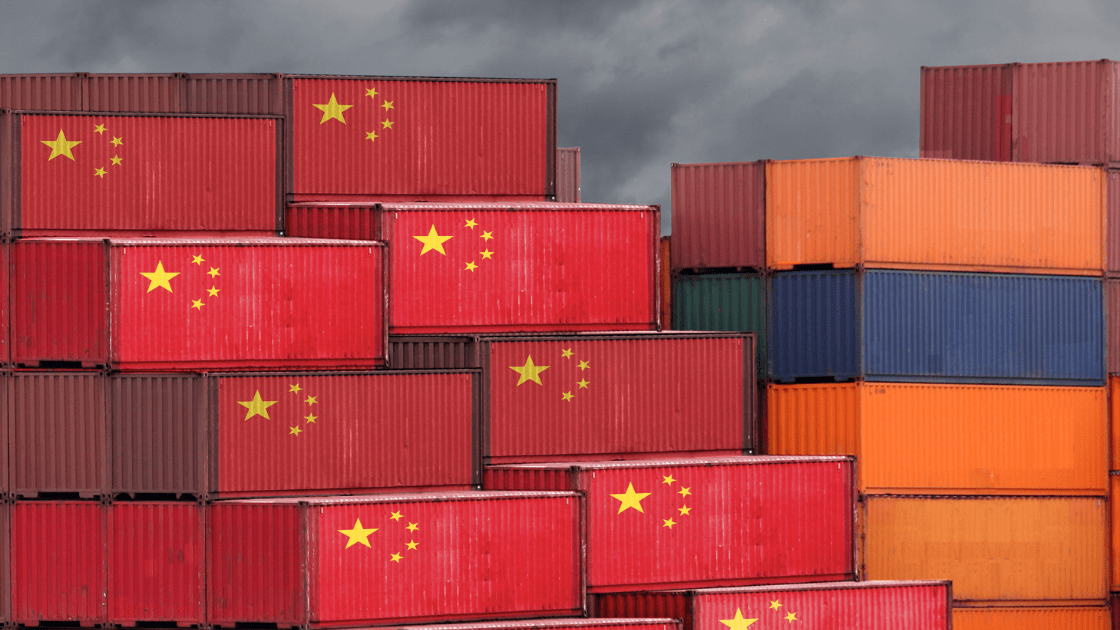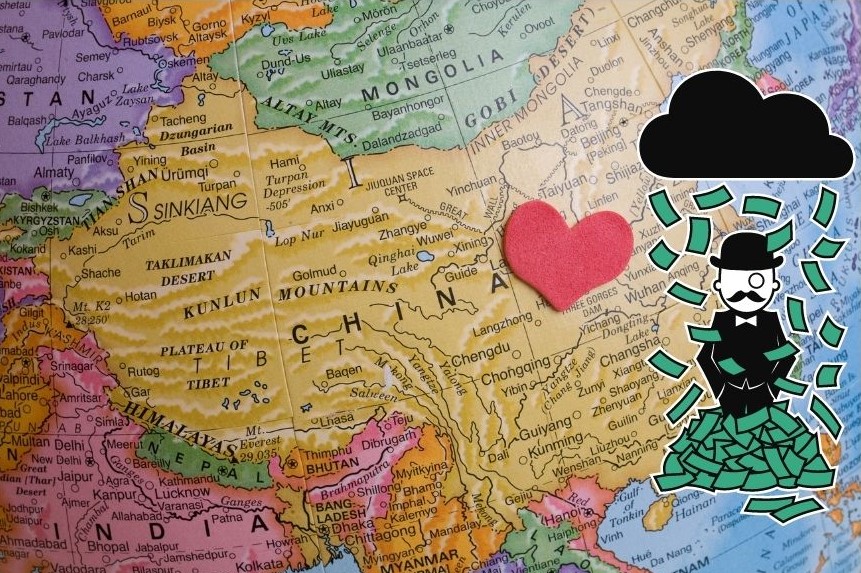Judging by a three-panel discussion last week of China experts discussing CCP decision-making in the upcoming 20th Party Congress this fall, Beijing is convinced global interest in its market beats all the hot button issues the country faces.
“There might be a type of arrogance in China that China is such an attractive economy that foreign direct investment will still come; it’s such a huge market that there will be enough people interested in investing in its future,” said Nis Grünberg, lead analyst at the Mercator Institute for China Studies. (Link to testimony.)
The day-long hearing was held by the U.S. China Economic and Security Review Commission on January 27. The main topics centered on Xi Jinping’s leadership and the inner circle of power that runs the country.
There was an agreement that Xi is centralizing control. And that economic security is a matter of national security, said Jessica Teets, Associate Professor of Political Science, Middlebury College. (Link to Testimony)
“One thing about Xi Jinping is that he has really made national security the main lens of national policy making because that also means the political security of the Chinese Communist Party. That includes economic policy as well. The main reason for all that is to secure the political position of the Party. Xi is a nationalist. He wants to build the power of China on the international stage. He wants to ‘Make China Great Again’ and believes the best way to do so is through the CCP. He does not want other powerful entities usurping the CCP, and that includes China’s tech and finance billionaires.” –Jessica Teets, Associate Professor of Political Science, Middlebury College
There was also agreement that China was still relatively unruly and that provincial leaders – while always facing the risks of a clampdown from Beijing – sometimes did things their own way. Beijing may sound like Brussels and Washington on issues related to climate change, but provincial leaders are more interested in jobs, energy security, and burning coal. As a result, what Xi and his foreign diplomats tell their Western counterparts often does not work out in practice.
The CCP’s Biggest Fans
Some issues are centralized, including the imprisonment of Muslim minorities in Xinjiang. American companies are banned from certain types of business transactions there due to human rights abuses in the far western province, but that has not stopped AirBnB from having rental listings there; Tesla from opening a dealership there this month; and Volkswagen from continuing to be a big employer in Xinjiang.
It’s likely those companies are not themselves directly working with prison labor from Xinjiang. However, their presence lends a big sense of credibility to the CCP’s Xinjiang policies. It gives Beijing a chance to tell Washington and Brussels during official visits and at forums like United Nations Climate Change Conference or G20 ministerial meetings: “Look, your biggest corporate names are all here and they don’t see the same problems you do.”
Grünberg said Europe is the one to watch in the months ahead on its China policy. “There is a lot of coercion going on there. It will be interesting to watch how individual countries react,” he said, naming Germany. Will they do whatever it takes “just to secure access to the Chinese market? I believe that Chinese leaders think their economy is too attractive not to invest in, still.”
Wall Street agrees. Well-known investors like Ray Dalio, founder of Bridgewater Associates, and manager of China investment accounts, often says he is thinking pragmatically about China when he recommends investing there. Larry Fink, CEO of BlackRock, says the same when confronted on his views of environmentally-friendly investing while pouring billions into the worst polluting economy in the world (let alone into Chinese military companies, for which they only recently had to divest).
Silicon Valley stars are also fine with China, easily separating its leadership from the market. Venture capitalist and NBA’s Golden State Warrior investor Chamath Palihapitiya said recently that no one in his VC investor and NBA ownership circle considers the situation in Xinjiang a top concern. The State Department has referred to the treatment of Muslims in Xinjiang as genocide.
China Plays Wall Street
During a panel on economic policy and decision making, Commissioner Michael Wessel asked if Xi’s allowing for BlackRock, Goldman Sachs, JP Morgan, and other major Wall Street firms to set up shop without a local partner for the first time was a sign of reform, as those investors suggest, “or does Xi and the leadership just see it as a way to fuel existing policies?”
One way to look at it, as opposed to rule and law-making policies, would be simple strategy. That strategy includes placating the West to win over its most powerful institutions. Then use foreign investment to help fund China’s economic priorities – from new technology to dominating the green energy supply chain.
Victor Shih, Associate Professor of Political Economy and Ho Miu Lam Chair in China and Pacific Relations at the University of California San Diego (testimony) said opening the local financial market “is not real reform.”
“This is really just for asset management,” Shih said. “For American financial institutions and investors, you go into China, hire a whole bunch of talent, take a fee, and if things go south like Xi says ‘no, I don’t want you here anymore’, they can just fly out of China. (Their presence does not) change the Chinese financial markets. There is still a ton of insider trading and state intervention in the market. The U.S. asset managers there will not play any role in changing the market.”
“The intended direction of travel is not to make China an open economy, but to better control the Chinese economy and make it stronger and controlled by the CCP. China is open to foreign investments…but only if it suits China’s interests for labor and for economic growth. This is not open markets.” — Nis Grünberg, lead analyst at the Mercator Institute for China Studies
Panelists all agreed that China was a rising star in Asia. But economic disparities make it a potential tinder box.
 What if Xi Changes his Mind?
What if Xi Changes his Mind?
Big brands love China. Apple’s iPhone is now the No. 1 selling phone in China, beating all the lower-cost China brands. Last year, Hollywood producers behind the Fast & Furious franchise got into trouble when one of the movie’s stars – John Cena – called Taiwan a country. He felt he had (or he was forced) to apologize or risk losing the mainland China global release date.
Everyone loves China’s middle class now. The American middle class, while much bigger, seems to have become an after-thought.
Shih told the Commission that the majority of the middle class in China work for state-owned enterprises or the government. The middle class is not the mom-and-pop shops and small to midsized businesses like it is here in the U.S.
Many of those shops are wholly reliant on foreign markets. Small businesses that act as brokers or small-time manufacturers that set up shop on Amazon Marketplace, for example, are more wedded to the U.S. economy than they are to China’s. For some of them, their economic security is here, not in China. Their ability to move from the lower class to the middle, and even upper-middle, depends on selling to the American (and European) consumer.
For foreign companies in China, Shih told the Commissioners that foreign investors are more aware today that “Xi Jinping can wake up one day and turn against certain kind of investors and certain sectors. When they do, there is no recourse. You can’t go to the court. You can’t go to international arbitration. None of that stuff really works in China and I think people are really beginning to price that in.”













